The Trump administration's proposal to impose a 25% tariff on imported automobiles has sent shockwaves through the global economy, triggering fierce opposition from key trading partners, including Japan, the European Union, and South Korea. The move, framed by the White House as a measure to protect national security and boost domestic manufacturing, has been met with widespread skepticism and threats of retaliatory action. As tensions escalate, the specter of a full-blown trade war looms larger than ever.
At the heart of the controversy lies the administration's assertion that foreign-made vehicles pose a threat to U.S. national security by undermining the American auto industry. Commerce Secretary Wilbur Ross recently concluded an investigation under Section 232 of the Trade Expansion Act of 1962—the same legal mechanism used to justify steel and aluminum tariffs earlier this year. The report, which remains confidential, allegedly found that imports have eroded the domestic industry's research and development capabilities, potentially compromising military preparedness.
European leaders have dismissed the national security argument as absurd. German Chancellor Angela Merkel, whose country's premium automakers would be hardest hit, called the rationale "difficult to comprehend" during her recent Washington visit. The EU has already prepared a list of retaliatory tariffs targeting $20 billion worth of American goods, ranging from Kentucky bourbon to Florida orange juice. "We will not hesitate to defend our interests if the U.S. proceeds with these unjustified measures," warned EU Trade Commissioner Cecilia Malmström.
Asian economies are equally alarmed. Japan's Chief Cabinet Secretary Yoshihide Suga stated that Tokyo would "respond appropriately" while continuing to explain why the tariffs would harm both economies. South Korea, still reeling from renegotiations of its bilateral trade deal with Washington, sees the auto tariffs as another destabilizing move. Hyundai Motor shares dropped 3.2% on the news, reflecting investor anxiety about reduced competitiveness in the crucial U.S. market.
The potential economic fallout appears staggering. According to a Center for Automotive Research study, the tariffs could increase average vehicle prices by $4,400, reducing annual U.S. sales by nearly 2 million units and eliminating up to 715,000 jobs across the industry. These projections contradict President Trump's promise to revive manufacturing employment. "This isn't protectionism—it's economic self-sabotage," remarked Auto Alliance CEO John Bozzella, whose group represents both domestic and foreign-brand automakers operating in America.
Behind the scenes, diplomatic channels remain active but strained. Japanese and EU officials have intensified talks about forming a united front, possibly through World Trade Organization challenges. Some analysts suggest the tariff threat could be a negotiating tactic to pressure Mexico and Canada into accepting tougher NAFTA terms. However, Commerce Department insiders claim the administration appears determined to follow through, viewing auto imports as emblematic of chronic trade imbalances.
The political calculus seems equally complex. While the tariffs play well in Rust Belt states crucial to Trump's 2016 victory, they risk alienating traditionally Republican-leaning states with foreign auto plants. South Carolina, home to BMW's largest global facility, and Alabama, where Mercedes and Hyundai operate major factories, could face severe disruptions. Even Michigan lawmakers have expressed concerns, despite the potential short-term boost to Detroit automakers.
As the 90-day review period winds down, businesses are scrambling to prepare for multiple scenarios. Some foreign manufacturers are reportedly accelerating plans to shift production stateside, while others are stockpiling inventory. The uncertainty has frozen investment decisions across supply chains. "We're seeing a domino effect," noted a Toyota executive speaking anonymously. "Tier 2 and 3 suppliers don't know whether to expand capacity or start winding down operations."
Historical parallels offer little comfort. When the U.S. imposed "voluntary" export restraints on Japanese cars in the 1980s, it led to higher prices without significantly helping domestic manufacturers long-term. Today's more interconnected industry means collateral damage would spread wider and faster. German automakers alone support an estimated 118,000 U.S. jobs, many in high-paying engineering and design roles that Trump vows to protect.
The coming weeks will prove decisive. With midterm elections approaching, the administration must weigh economic risks against political rewards. Trading partners face equally tough choices between retaliation and negotiation. As the global trading system edges closer to crisis, one thing becomes clear: the era of predictable trade relations under established rules may be giving way to a new, more volatile normal.

By Sophia Lewis/Apr 6, 2025

By Thomas Roberts/Apr 5, 2025
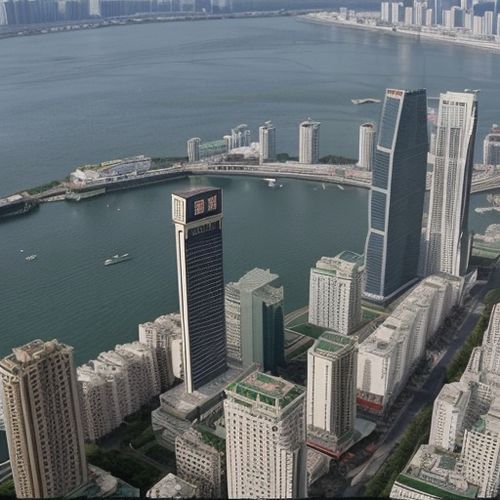
By Emma Thompson/Apr 5, 2025
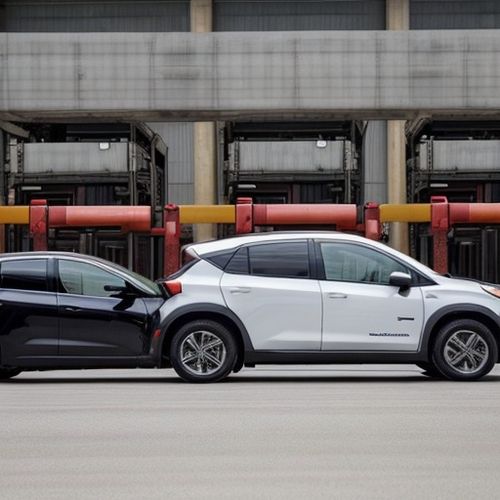
By Sarah Davis/Apr 5, 2025

By John Smith/Apr 5, 2025
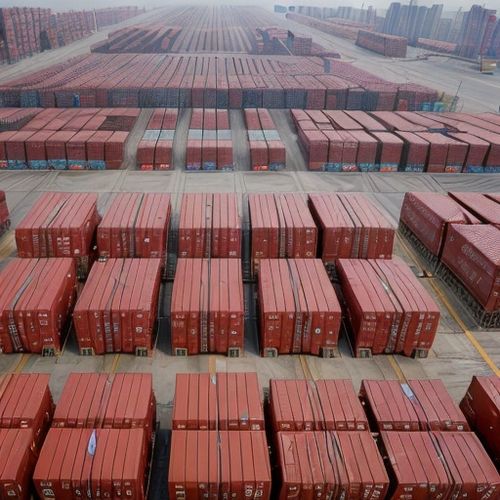
By Laura Wilson/Apr 5, 2025

By Christopher Harris/Apr 5, 2025

By Emma Thompson/Apr 5, 2025
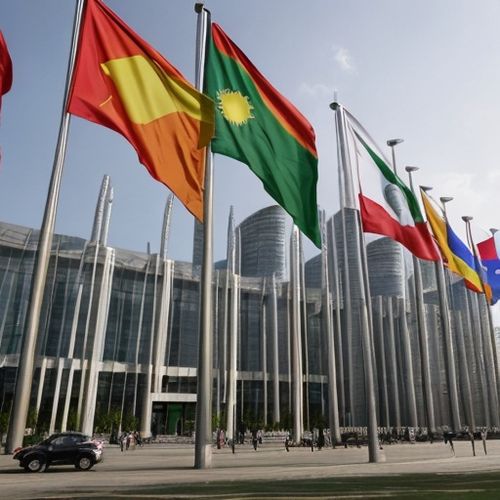
By David Anderson/Apr 5, 2025

By James Moore/Apr 5, 2025

By James Moore/Apr 5, 2025

By Natalie Campbell/Apr 5, 2025

By David Anderson/Apr 5, 2025
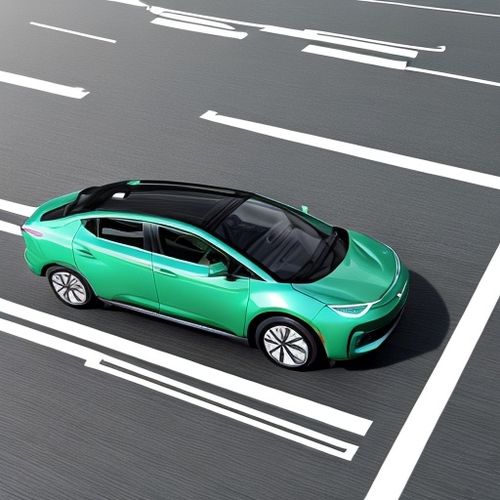
By Grace Cox/Apr 5, 2025
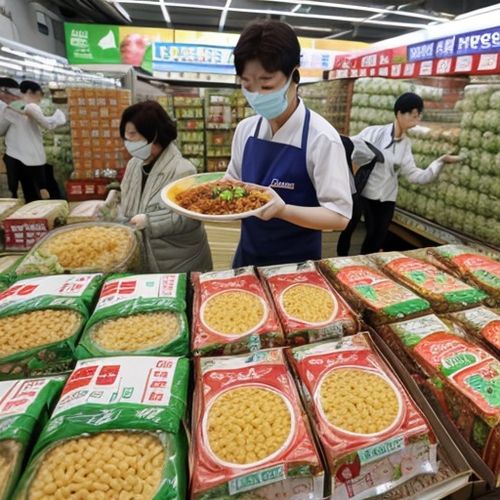
By Thomas Roberts/Apr 5, 2025

By Christopher Harris/Apr 5, 2025

By Michael Brown/Apr 5, 2025